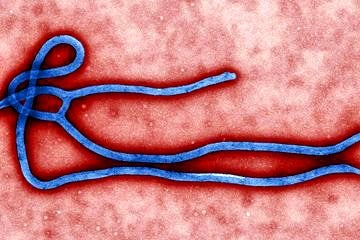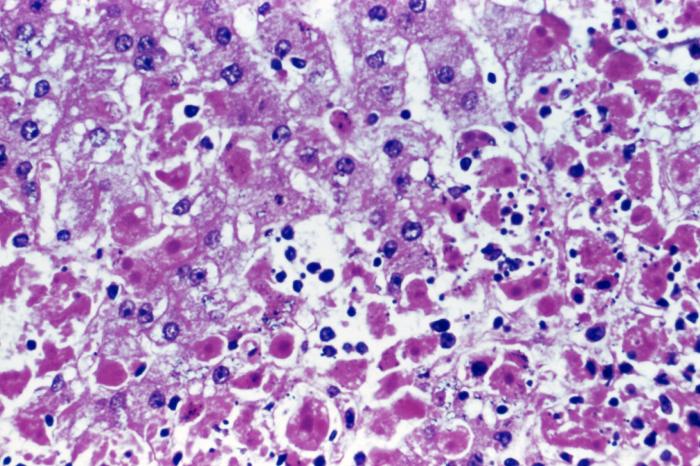People throughout the world need access to lifesaving drugs, vaccine, and medical devices whether for chronic illnesses, or to respond to the latest public health threat, such as the Ebola epidemic, a future influenza pandemic, or the increasing problem of drug resistant infections. Not only is access to needed products critical, but people everywhere expect high standards of safety and effectiveness. Yet as both manufacturing and markets become increasingly global, we face new and complex challenges, such as: ensuring a safe, secure, and reliable drug supply chain; combating drug resistant organisms, which know no borders; and addressing emerging threats and unmet needs in public health. Solutions to these challenges cannot come from one group alone, but require creative collaboration across disciplines–from the medical, behavioral, and social sciences to law and foreign relations, and working across sectors from academia to government, to manufacturers and health systems.
The Center on Medical Product Access, Safety and Stewardship (COMPASS) is uniquely situated to bring experts and decision makers together to find solutions. COMPASS marshals the resources of a renowned university and its health system to convene partners in the heart of the nation’s capital to address pressing challenges in novel ways. For example, we are leading a projects that fills crucial data gaps to construct a living, global map of the most serious drug resistant bacteria. We collaborate with international partners like the World Health Organization to improve global preparedness for infectious disease outbreaks. And we are working together with multiple local health care and public health partners across the major National Capital Region health providers and systems to host and support a real practice community that tracks drug resistance, shares best practices, and aims to develop and test approaches for combating antibiotic resistance at a large scale regional level. At COMPASS we are committed to partnership and to agile, multidisciplinary solutions that have real world impact. Browse our website or contact us to learn more.
ROAR Urges Responsible Antibiotic Use During Get Smart About Antibiotics Week Nov 14-20
According the U.S. Centers for Disease Control and Prevention, each year in the United States, at least 2 million people become infected with bacteria that are resistant to antibiotics and at least 23,000 people die as a direct result of these infections.…
Vaccine for Zika Virus May Be Years Away, Disease Experts Warn
As public health officials warn that the Zika virus is swiftly spreading across the Americas, the search is on to develop a vaccine to halt the disease, which could infect as many as four million people by the end of the year and has been linked to severe birth defects.…
Ebola Returns: 2nd Case of Relapse Raises Questions
The two cases of probable relapse “tell us that this can happen,” but not how frequently, Goodman said. “It’s likely not to be that common because it hasn’t been described in previous outbreaks,” he said. Goodman stressed that these cases of relapse should not be a reason to cast stigma on Ebola survivors because there have been no documented cases of disease transmission as a result of casual contact with Ebola survivors.…
Ebola Leaves Ongoing Health Issues for Survivors of the Viral Disease
The long-term effects of Ebola have not been well studied, and doctors will probably learn a lot more about the disease’s aftermath from the current outbreak in West Africa, the largest in history, said Jesse Goodman, an infectious-disease expert and a professor of medicine at Georgetown University Medical Center.…




